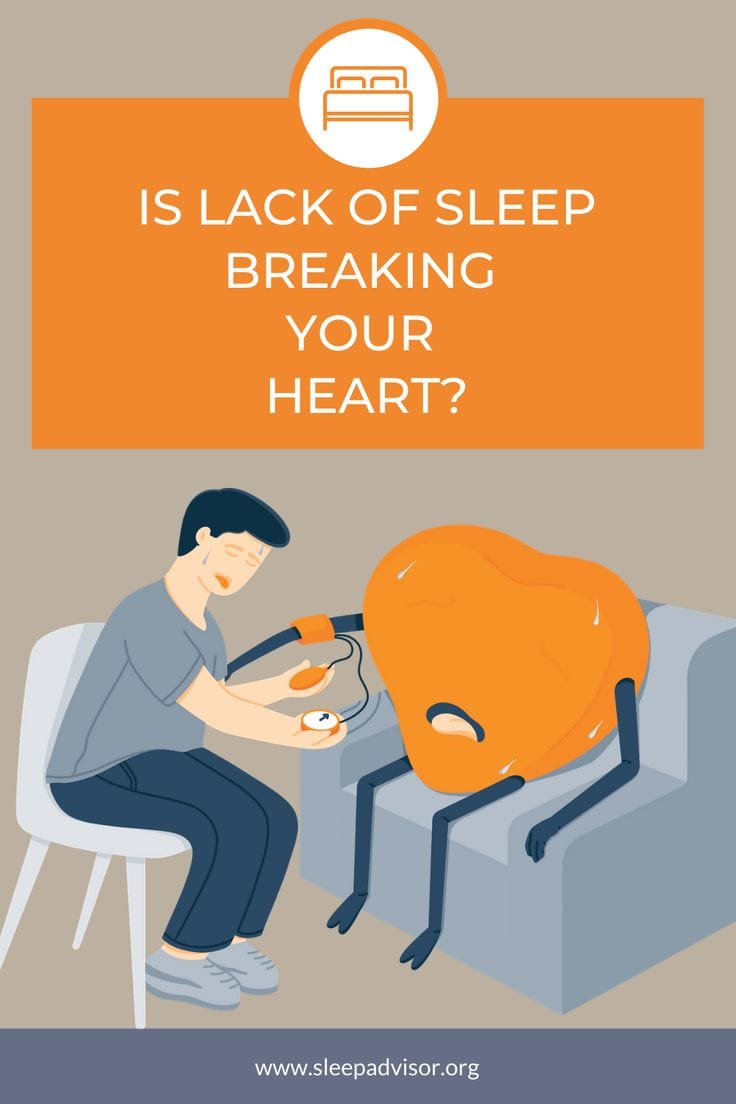Norovirus, a highly contagious virus that causes gastroenteritis, is making headlines this winter as cases are on the rise across various regions. This virus is notorious for its ability to spread quickly in crowded environments such as schools, nursing homes, and cruise ships, leading to outbreaks that can affect numerous individuals in a short time. As winter progresses, it is essential to understand why Norovirus cases are spiking and what measures can be taken to protect oneself and others.
The increase in Norovirus cases during the winter months is not a new phenomenon. Historically, the virus tends to peak during this season, coinciding with colder weather and increased indoor gatherings. The reasons for this seasonal spike are multifaceted. One significant factor is the close proximity of people in enclosed spaces, which facilitates the transmission of the virus. Additionally, winter holidays often lead to larger family gatherings, where the virus can easily spread among attendees, especially if proper hygiene practices are not observed.
Norovirus is incredibly resilient, capable of surviving on surfaces for extended periods. This durability means that even after an infected person has left an area, the virus can linger, posing a risk to others. Common surfaces that can harbor the virus include countertops, bathroom fixtures, and kitchen utensils. This characteristic makes it crucial for individuals to maintain rigorous cleaning and disinfecting routines, particularly in communal areas.
Symptoms of Norovirus infection typically include nausea, vomiting, diarrhea, and stomach cramps. These symptoms can manifest suddenly and may lead to dehydration, particularly in vulnerable populations such as young children, the elderly, and individuals with weakened immune systems. While most people recover within one to three days, the severity of symptoms can vary, and in some cases, medical attention may be necessary.
Preventing the spread of Norovirus requires a combination of good hygiene practices and awareness of potential exposure risks. Handwashing is one of the most effective ways to reduce the likelihood of infection. Individuals should wash their hands thoroughly with soap and water for at least 20 seconds, especially after using the restroom, before eating, and after caring for someone who is ill. Alcohol-based hand sanitizers may not be as effective against Norovirus, so handwashing with soap and water is strongly recommended.
Food safety is another critical aspect of preventing Norovirus infections. It is essential to wash fruits and vegetables thoroughly and to cook seafood to the appropriate temperatures. Additionally, individuals should avoid preparing food for others if they are experiencing symptoms of Norovirus or have recently been ill. This precaution helps to prevent the virus from spreading through contaminated food.
In the event of an outbreak, health officials often recommend that individuals stay home if they are experiencing symptoms of Norovirus. This measure not only aids in the recovery of the affected individual but also helps to prevent further transmission of the virus. It is advisable to remain symptom-free for at least 48 hours before returning to work or school, as individuals can still spread the virus even after they feel better.
Public health agencies are closely monitoring the rise in Norovirus cases this winter and are providing guidance to communities on how to manage outbreaks effectively. Awareness campaigns are being launched to educate the public about the importance of hygiene and food safety, particularly during the holiday season when gatherings are more frequent.
As the winter progresses, it is vital for individuals to remain vigilant regarding their health and the health of those around them. By understanding the factors contributing to the rise in Norovirus cases and implementing preventative measures, individuals can help mitigate the spread of this highly contagious virus. Staying informed and practicing good hygiene are essential steps in protecting oneself and the broader community from Norovirus infections.
In conclusion, the spike in Norovirus cases this winter serves as a reminder of the importance of hygiene and food safety. With proper awareness and preventative actions, individuals can significantly reduce their risk of infection and help protect those who are more vulnerable. As we navigate through this season, let us remain proactive in our efforts to maintain health and safety in our communities.



